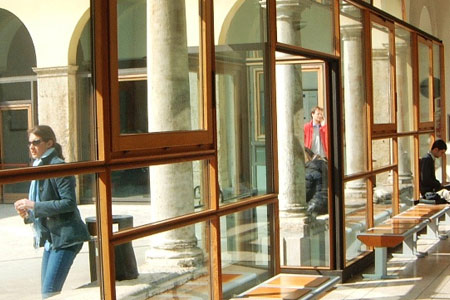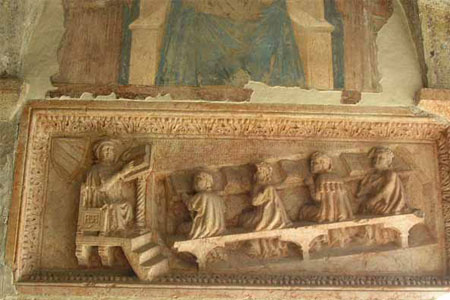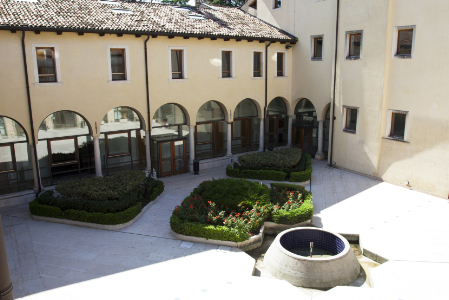The project EUFam's II (JUST-JCOO-AG-2017-800780) is coordinated by the University of Heidelberg (Germany) and counts on the partnership between the Universities of Verona (Italy), Milan (Italy), Valencia (Spain), Osijek (Croatia), Lund (Sweden), and the Max Planck Institute for International, European and Regulatory Procedural Law in Luxembourg.
The project’s priority is to contribute to the correct, consistent and coherent application of EU regulations and conventions of the Hague Conference in family law matters and is, as such, linked to the civil judicial cooperation policy. It constitutes a continuation of the first EUFam’s project, from the findings of which it can greatly benefit while avoiding redundancies. Over the course of EUFam’s the framework of EU family law has, however, been considerably enlarged by the entry into force of new regulations, such as those on property regimes with regard to marriage and registered partnership. Furthermore, the first EUFam’s project has shown the importance of national implementing legislation for the practical effectiveness of the regulations. As a consequence of the refugee crisis, the applicability of the EU regulations as well as their application in practice to third country nationals have significantly gained in practical relevance.
Against this background, EUFam’s II shall continue, consolidate and further develop the aims of EUFam’s while adding the following aspects: 1) enlargement of the material scope by assessing the law on matrimonial property regimes, property consequences of registered partnerships, succession law and public documents; 2) enlargement of the number of persons from the target groups involved in the project and expansion of the EUFam’s network of judges, administrative officers, practitioners, and scholars; 3) analysis of the effectiveness of national implementing legislation, particularly regarding the cooperation of national administrative authorities, and analysis of the manners in which it ultimately hinders and/or supports the functioning and effectiveness of the regulations; 4) focusing on the application of international family law in relation to third country nationals under special consideration of the legal challenges arising from the current refugee crisis; 5) information campaign designed to raise awareness among citizens in close cooperation with institutions; 6) monitoring the developments in the context of Brexit, which could potentially result in great legal uncertainty in the field of international family law, and take further actions if so required; 7) enlargement of the geographical scope by including Sweden.
The Member States involved in EUFam’s were originally chosen on the basis of a mixture of the absolute and relative numbers of foreign nationals living in the respective country. In such terms, Germany, Italy and Spain are amongst the countries in which the largest numbers of foreign nationals were residing. Alongside, the aforementioned Member States have been destination countries in the refugee crises. Croatia, quite on the contrary, has recently acceded the EU and will progressively be confronted with the effects of migratory flows. EUFam’s II will enlarge the number of Member States involved by adding Sweden, which in a similar manner, is both a Member State with a high number of foreign nationals, as well as a target country for refugees.







